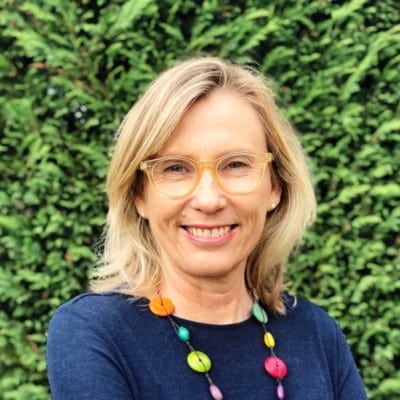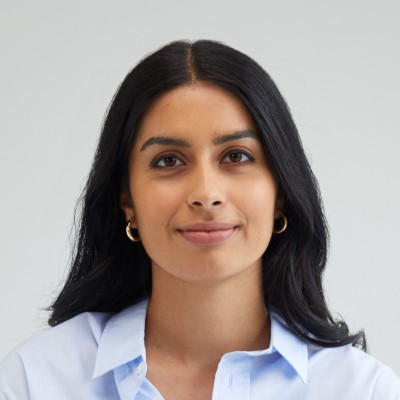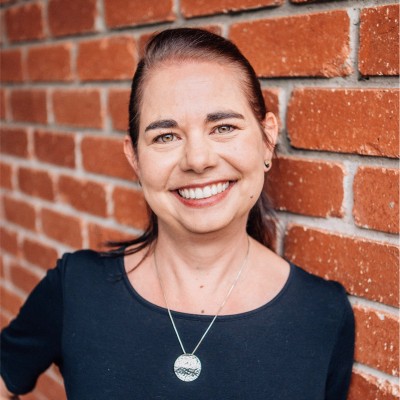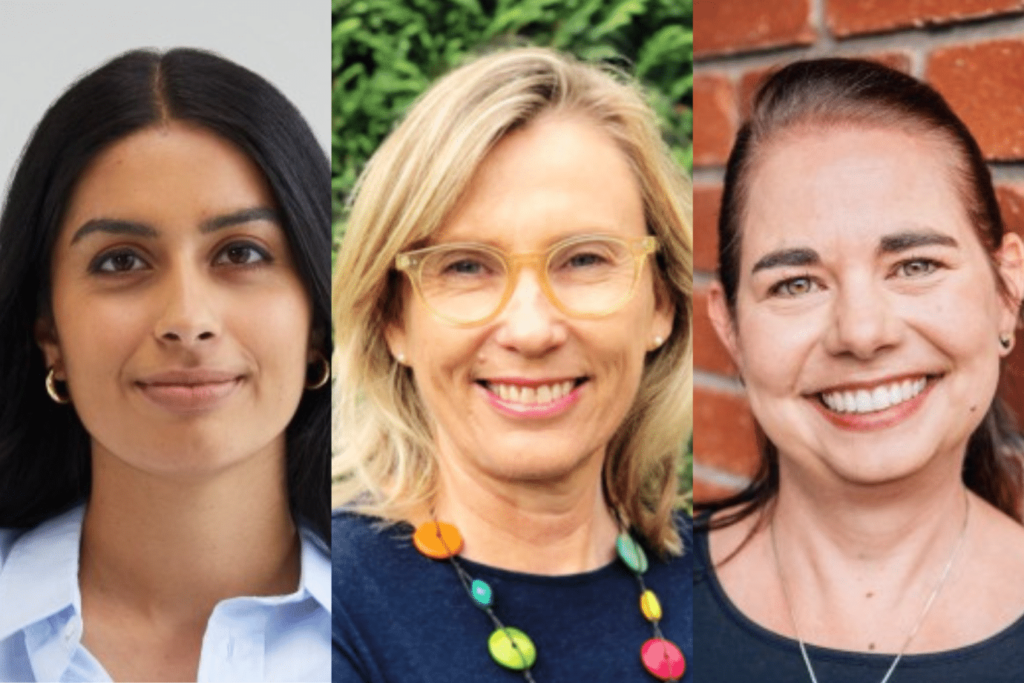For the past 17 years, the Cartier Women’s Initiative has empowered influential women entrepreneurs, providing them with the financial and human capital to grow their businesses.
This initiative invests in these women changemakers, valuing their work and providing them with the skills and knowledge they need to thrive. That community also creates a space for incredibly beneficial connections between entrepreneurs and their supporters.
Each year, the program features 11 awards, consisting of nine regional awards and two thematic awards, recognizing talented and influential entrepreneurs from around the world who use business as a force for good. We award and fund homes.
Applications to the program are open to women-run and women-owned businesses from all countries and sectors that aim to have a strong and sustainable social and/or environmental impact on society. This means applicants must be offering meaningful solutions to the most pressing global challenges.
The first place winner will receive a grant of US$100,000, the second place winner will receive US$60,000 and the third place winner will receive US$30,000.
In addition to the grant, all 33 Fellows benefit from media visibility, networking opportunities, and lifelong access to the CWI community.
There is also a one-year fellowship program that provides impactful entrepreneurship training, leadership communications, specific business topics, and executive coaching at INSEAD Business School.
Who are the three Oceania finalists?
Alison Harrington (Australia)
Resparke founder Alison Harrington founded the company when she discovered evidence that music could reduce behavioral problems and improve well-being in people with dementia. Resparke’s app takes advantage of the fact that music bypasses areas of the brain that are switched off in dementia, using your language, nationality, religion, age and music preferences to personalize your experience.
“It’s about changing the well-being of older people, connecting with memories and building beautiful bonds between people.”
Alison Harrington


The number of people living with dementia around the world is expected to triple to 152 million by 2050, and Respark already hosts more than 25,000 people with dementia and employs nearly 6,000 staff. I’m training. A research study using Resparke across four cohorts in 290 facilities in Australia and New Zealand showed residents’ mood improved by nearly 80 percent and psychotropic medication use decreased by 12 percent.
Simran Kaur (New Zealand)
Growing up in New Zealand, Girls That Invest founder Simran Kaur recognized the life-changing power of money, but there were few resources for young women, especially women of color. She founded Girls That Invest to fill a need in a male-dominated industry.
With less than 25 percent of women worldwide investing their money, women often lag behind men in wealth accumulation.
“All women should have the tools and confidence to make informed investment decisions. Economically empowered women have a ripple effect and generate economic growth in their communities. We can promote the environment and inspire a diverse new generation of investors.”
simran kaur


The Girls That Invest podcast has been downloaded 6 million times and nearly 6,000 women have taken part in our 6-week intensive masterclass.
Francis Bilbao (Australia)
Clinical psychologist Frances Bilbao founded Moms Matter Psychology to support Australian women’s mental health during pregnancy and the first few years of life through specialized therapy both in-person and via telemedicine. .
Approximately 20 percent of new mothers around the world experience mental health disorders such as depression and anxiety. Treatment can be expensive and difficult to find.
“As a clinical psychologist, I feel that the perinatal field is where we can make the biggest changes, have a ripple effect across families and future generations, and have an exponential impact on women’s lives. Masu.”
Francis Bilbao


Over the past eight years, Mom’s Matter Psychology has provided free therapy to more than 5,600 clients across Australia, reducing the national cost of perinatal depression and anxiety (estimated at US$585 million annually) to $30.7 million. We estimate that the US dollar has been reduced.


